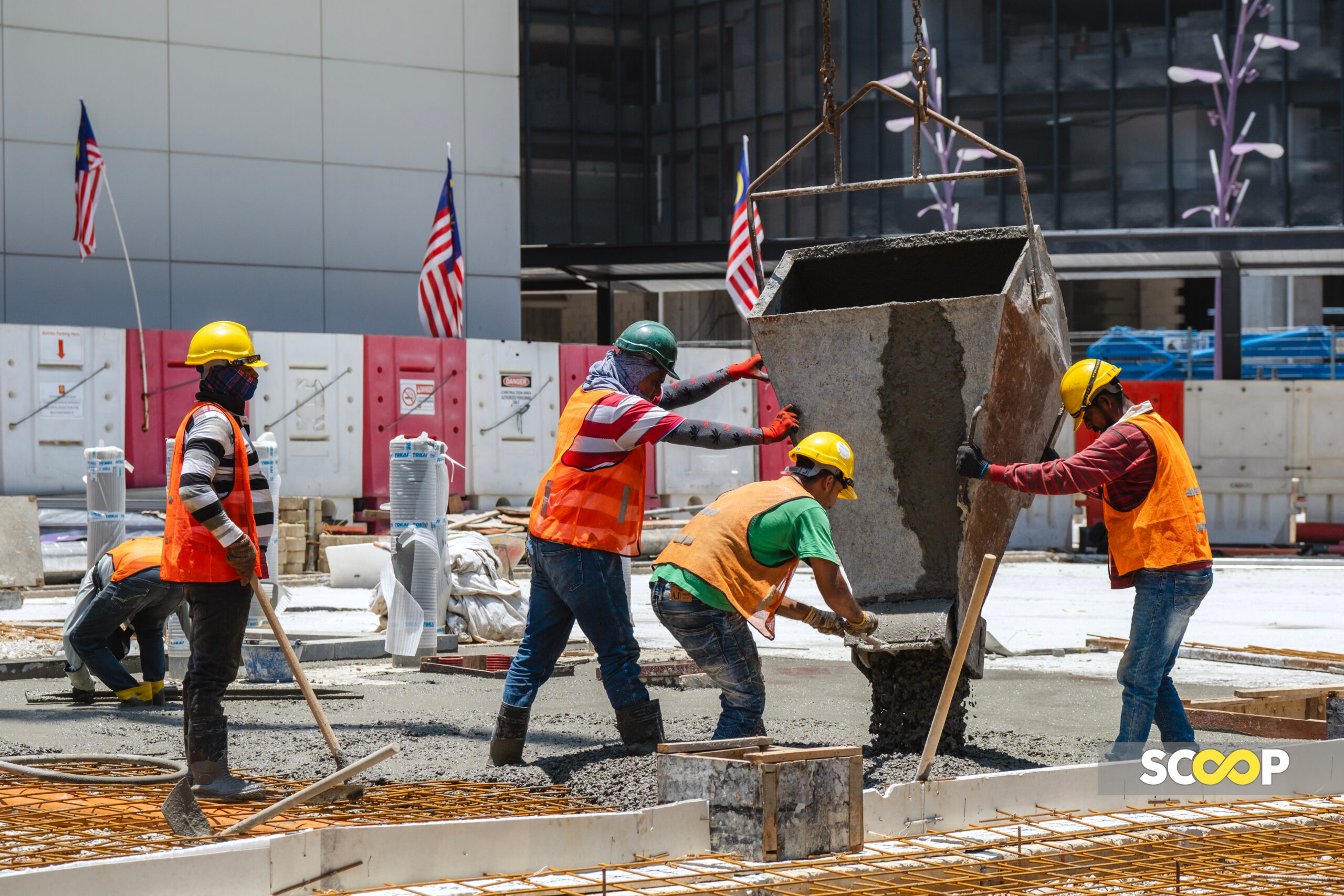THE newly appointed Human Resources Minister seems to have made a bright start since he took the helm of the ministry.
Unlike his past few predecessors, he seems to have knuckled down to work and not sought to engage in popularising himself.
His appointment of the former Treasurer of the National Union of Bank Employees (Nube), Chee Yeeh Ceeu, as a Special Officer within the ministry, speaks to the efforts made to understand and deal with the problems faced by Malaysian workers and trade unions.
For some decades now, foreign workers in Malaysia have been openly and unashamedly exploited.
They have been treated as chattel and subject to slave-like working conditions. These workers are from poor countries such as Bangladesh, and have little recourse due to their economic conditions.
At the heart of the problem is systemic corruption which allows for such exploitation to have been institutionalised.
Involved are middle-men, who are modern day slave traders, government officials and
businesses. All these parties benefit monetarily and have been brazen and open about it.
The joint efforts of the Home Minister and the Human Resources Minister to propose freezing foreign worker quota applications to the Cabinet is a necessary interim measure, but not one which will solve the problems which persist.
What would happen when businesses start to lobby? As has been the case in the past, would the government then cave in and allow for the corrupt and exploitative status quo to resume?
The Human Resources Ministry should perform an audit of each and every employer who employs foreign workers to ascertain whether such employers have complied with the law and are treating foreign workers humanely.
Where businesses have violated the law, they should be charged and made to pay the price.
The exploitation of foreign workers has a direct impact on local Malaysian workers, where the workforce as a whole gets exploited. Wages are depressed, working conditions do not improve, and it becomes a perennial race to the bottom.
An overhaul of the industrial relations framework in the country is necessary, and most important is to allow for the ease of representation of foreign and local workers by trade unions.
The problem is evident and is not something which requires further debate or enquiry. The question is does the government, which has promised reform and good governance, have the political will, wherewithal and moral courage to act to end the exploitation of workers in the country. – January 8, 2024
Callistus Antony D’Angelus is the International Labour advisor for Social Protection Contributor Advisory Association Malaysia (SPCAAM)

